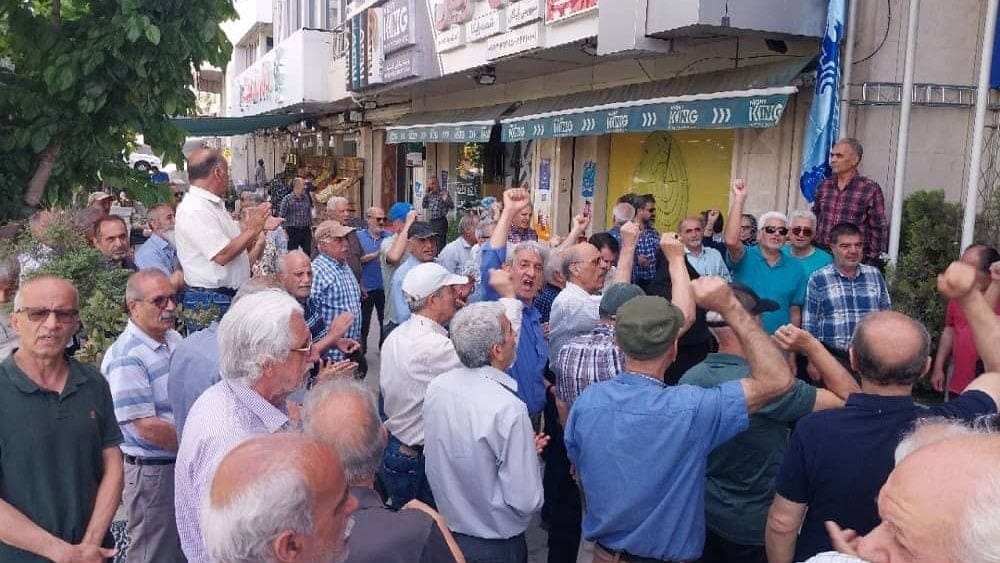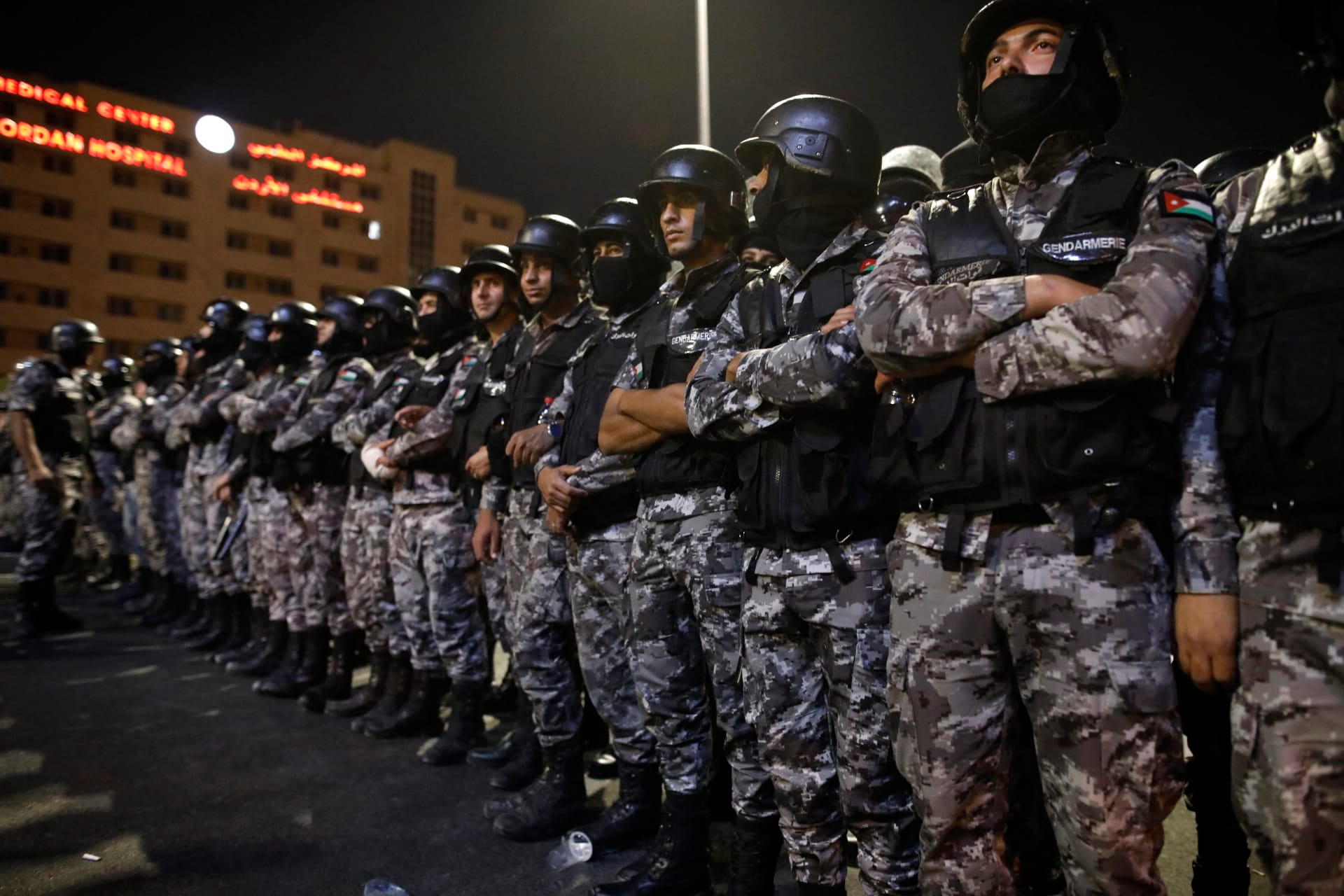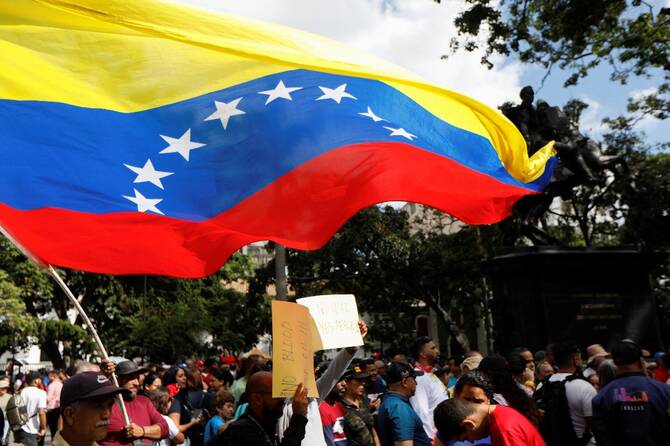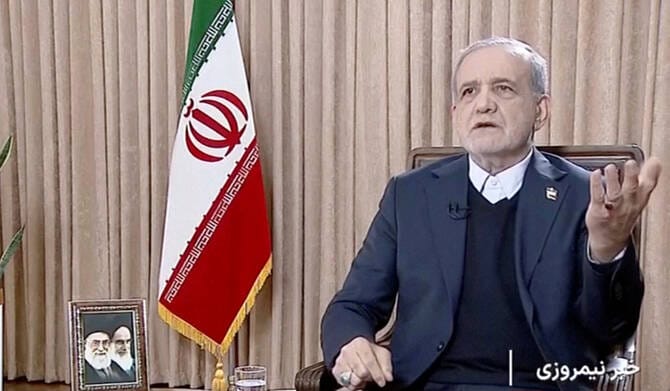Iran Protests Erupt on May 19 Over Injustice, Poverty, and Utility Failures

On Sunday, May 19, 2025, protests erupted across Iran as retirees, farmers, bakers, and everyday citizens flooded the streets in a coordinated cry against poverty, corruption, and systematic plunder by the clerical regime. Demonstrations spread from Tehran in the north to Shiraz in the south, Isfahan in the center, and Kermanshah in the west, shaking the regime’s already fragile grip with slogans demanding justice, dignity, and economic survival.
In Tehran, northern Iran, retired telecom workers assembled in front of the central headquarters of the Telecommunications Company on Sardar Jangal Street, denouncing the regime’s refusal to implement the 1389 welfare and employment bylaws. Protesters chanted “Company full of profit—what happened to your promise?” and “Not the parliament, not the government—none care for the people!” They condemned the state-linked shareholders, including Setad-e Ejra’i (EIKO) and Bonyad-e Ta’avon-e Sepah (IRGC’s economic arm), for stealing their pensions, health coverage, and decades of accumulated rights.
In Shiraz, southern Iran, retirees from the long-abandoned Iran Telecommunications Manufacturing Company (ITI) gathered in front of the Fars Provincial Governorate, demanding the payment of back wages, some owed for over 18 years. Their chants—“Worker’s demands must be paid!” and “One less embezzlement and our problems are solved!”—reflected years of betrayal and neglect by regime institutions.
In Isfahan, central Iran, protesters spoke out against years of systemic theft by institutions tied to the regime’s economic mafia. With no health coverage, no retirement security, and no response to their pleas, they called for justice and the immediate enforcement of their rights. “We served this system for a lifetime. Now all we get is false promises and silence,” one demonstrator said.
In Kermanshah, western Iran, retirees rallied outside the provincial telecom office, shouting “This much injustice, no nation has seen!” and “Poverty, corruption, inflation—the people’s ruin!” Demonstrators warned, “As long as it stays like this, Mondays will stay like this too!” referring to the regularity of their protests in recent months.
In Sanandaj, Kurdistan Province, retirees carried signs that read “Rise up to end discrimination!” and called for immediate implementation of their legal entitlements. In Ilam, also in western Iran, chants of “Neither government nor parliament cares for the people!” echoed outside the local telecom office. In Hamedan, Bijar, Marivan, Tabriz, and Karaj, retirees joined the national wave, repeating demands for justice and fair pensions.
In Gorgan, northern Iran, retired teachers and telecom workers protested in front of the Provincial Department of Education over deteriorating living conditions and unpaid salaries. In Ahvaz, southwestern Iran, retirees from the Social Security Organization rallied under banners that read “Free Social Security from state control!” and “Death to this injustice!” They were joined by steel workers and pensioners from Shoush, Sari, Rasht, and Tehran, who chanted “Cry out, cry out, from all this oppression!” and “Workers and retirees—unite, unite!”
Simultaneously, public outrage surged over blackouts and water shortages. In Kermanshah, power was cut as early as 5:30 a.m., leaving workers stranded. A crane operator shouted into his phone: “No power, no warning. You’ve broken our lives!” In Yasuj, a baker slammed officials for pushing him into bankruptcy with rising costs and arbitrary demands. “They fined me 16 million for not insuring four workers. What are we supposed to do?”
In Yazd, central Iran, small-scale farmers protested outside the governorate as power was cut to 377 of 2,100 agricultural wells, destroying irrigation and threatening livelihoods. “We won’t let our lives be buried in dust!” shouted one protester. In Gonabad, northeastern Iran, residents decried water cuts that left entire villages dry. “Two hours in 40-degree heat without water—this is cruelty!” a woman cried out. “There are 2,000 of us. No one listens.”
In Bandar Abbas, southern Iran, heavy truck drivers protested diesel fuel rationing. “With this fuel allocation, we can’t move. We’re finished,” read a protest banner.
The regime’s own officials admitted growing fear. MP Mohsen Zangeneh warned of increasing protests by bakers, whom he called one of the most hardworking classes in Iran. “Rising costs, subsidy cuts, and indecision are pushing them to the brink,” he said. In Lordegan, MP Mousavi described unemployment levels as explosive, with families destroyed and youth dying far from home in pursuit of work. “There’s not a single job opportunity in our vast region,” he said. “Where should the people go?”
Today’s protests across more than 20 cities showed a people no longer pleading but demanding. Retirees robbed of their futures, farmers robbed of water, and workers robbed of dignity all cried out with one voice. The slogans ringing through the streets— “Only in the streets will we win our rights,” “Death to this injustice,” “Enough is enough”—made it clear: this was not just economic unrest. This was a call for liberation.





